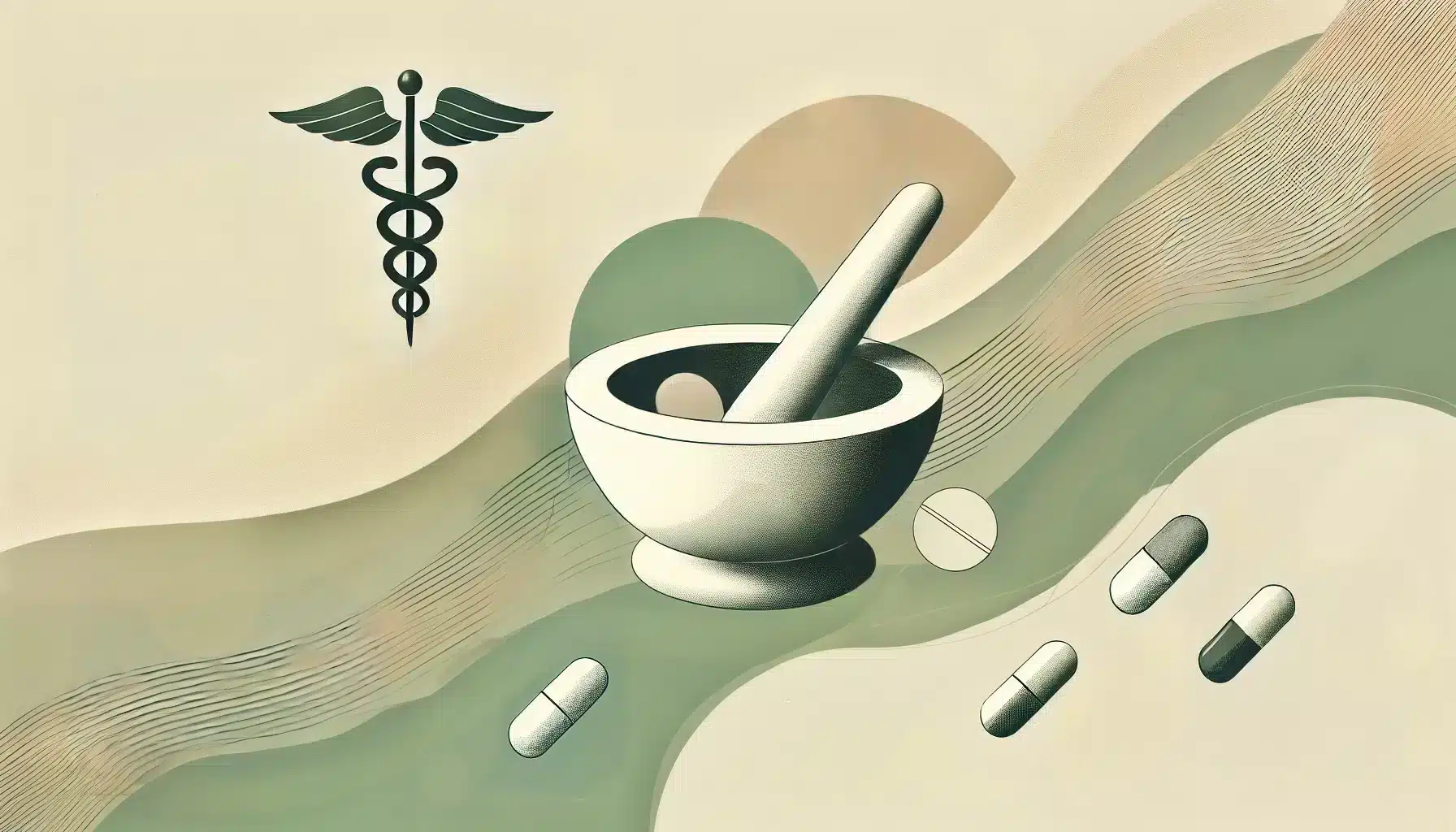What is National Pharmacist Day?
National Pharmacist Day, observed annually on January 12, honors the vital contributions of pharmacists to healthcare systems worldwide. This day recognizes their expertise in medication management, patient counseling, and public health initiatives. Pharmacists are the bridge between medicine and patients, ensuring safe and effective medication use while offering essential healthcare services.
Whether they work in community pharmacies, hospitals, or research labs, pharmacists play a critical role in improving health outcomes and promoting wellness.
History and Origin
The exact origins of National Pharmacist Day are not well-documented, but the day is believed to have been established by pharmaceutical organizations to recognize the contributions of pharmacists.
The pharmacy profession dates back thousands of years, evolving from ancient apothecaries to modern-day healthcare providers. In ancient civilizations such as Egypt and Mesopotamia, pharmacists prepared herbal remedies, laying the groundwork for contemporary pharmaceutical practices. Today, pharmacists are recognized as vital members of the healthcare team, offering both clinical expertise and personalized patient care.
Who Celebrates National Pharmacist Day?
- Pharmacists: Professionals working in various settings, including community pharmacies, hospitals, and academia.
- Healthcare Organizations: Entities that employ pharmacists and celebrate their contributions to patient care.
- Patients and Communities: Individuals who benefit from pharmacists’ knowledge and wish to express gratitude.
- Educational Institutions: Schools and colleges of pharmacy that train the next generation of pharmacists.
- Professional Associations: Organizations advocating for the pharmacy profession and supporting its members.
Themes and Slogans
National Pharmacist Day promotes themes of appreciation, education, and awareness. It emphasizes the importance of pharmacists as trusted healthcare professionals and advocates for public understanding of their role.
Slogans such as “Thank Your Pharmacist Today” and “Pharmacists: Your Partners in Health” highlight the collaborative and essential nature of their work.
Colors, Symbols, and Patterns
Colors:
- White: Representing the traditional pharmacist’s coat and the purity of their role in healthcare.
- Green: Symbolizing health, wellness, and the pharmacy profession.
- Blue: Denoting trust, reliability, and professionalism.
Symbols:
- Mortar and Pestle: The traditional icon of the pharmacy profession.
- Rx Symbol: Reflecting the prescription process and pharmacists’ role in medication management.
- Caduceus: Representing healthcare and medical services.
Patterns:
- Capsule and Tablet Motifs: Illustrating the medications pharmacists dispense.
- Crosses: Symbolizing medical services and care.
- Chemical Structures: Highlighting the scientific foundation of the pharmacy profession.
How to Celebrate National Pharmacist Day
- Express Gratitude: Visit your local pharmacist and thank them for their dedication and service.
- Learn About Pharmacy: Educate yourself on the role of pharmacists in healthcare and medication safety.
- Share on Social Media: Post your appreciation using hashtags like #NationalPharmacistDay to raise awareness.
- Attend Events: Participate in seminars, workshops, or community events that highlight pharmacy’s contributions.
- Support Pharmacy Education: Encourage students to pursue careers in pharmacy and support initiatives that advance the profession.
Most Used Hashtags
- #NationalPharmacistDay
- #ThankYourPharmacist
- #PharmacyAppreciation
- #PharmacistsCare
- #HealthcareHeroes
Why is National Pharmacist Day Important?
National Pharmacist Day is vital for acknowledging the essential role pharmacists play in healthcare. Their responsibilities extend beyond dispensing medications; they also provide personalized advice, manage chronic conditions, and ensure patient safety.
This day fosters greater understanding of the pharmacy profession, highlights the challenges pharmacists face, and promotes collaboration between pharmacists and other healthcare providers. Recognizing their work inspires appreciation and reinforces their integral role in improving public health.
Features
January 12: Pharmacist Day (United States)
Why do you keep falling for the same type?
Read the article Lovemaps: the hidden blueprint of our love.
Did you not find what you were looking for? Let me help you find more.

